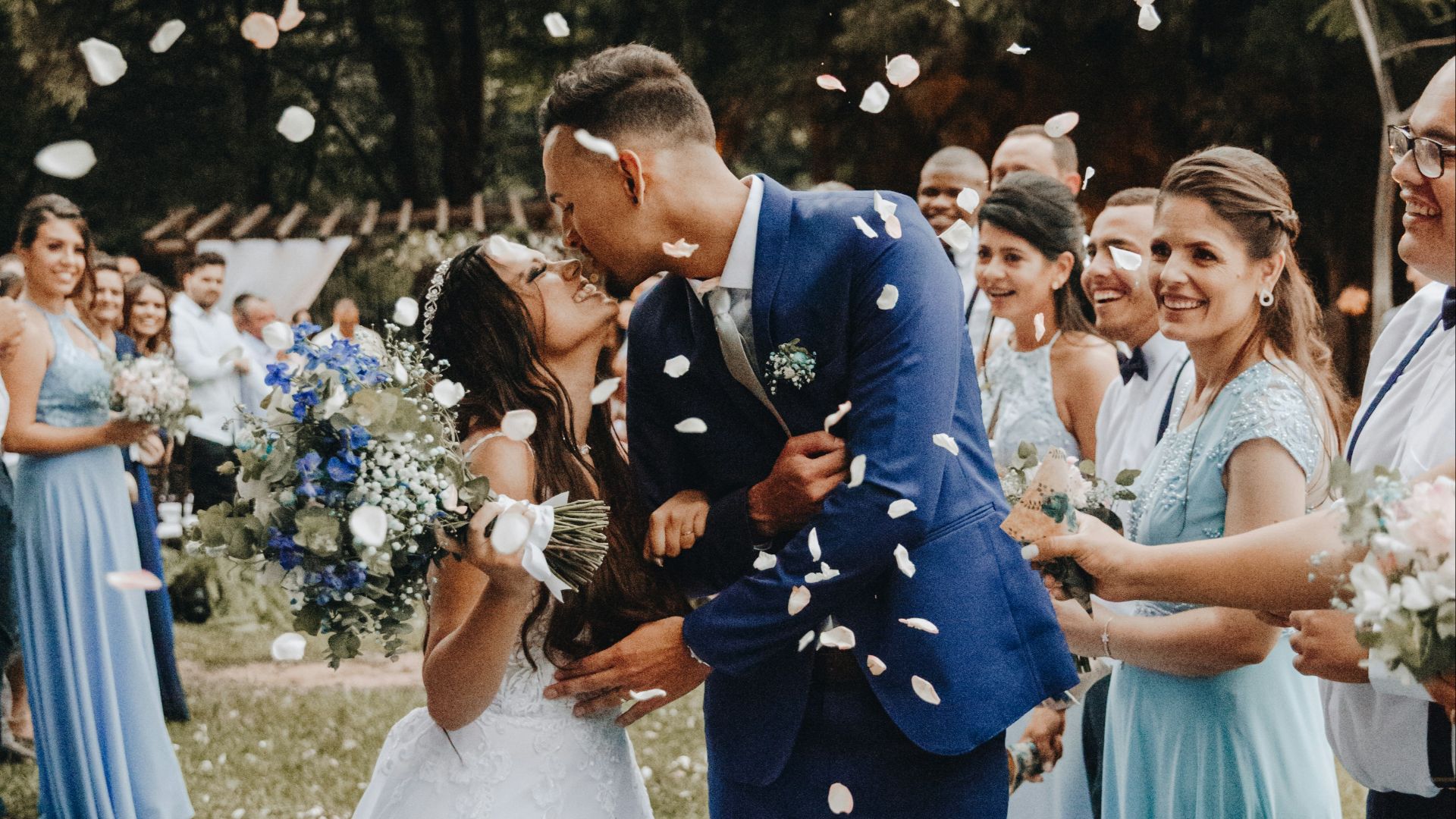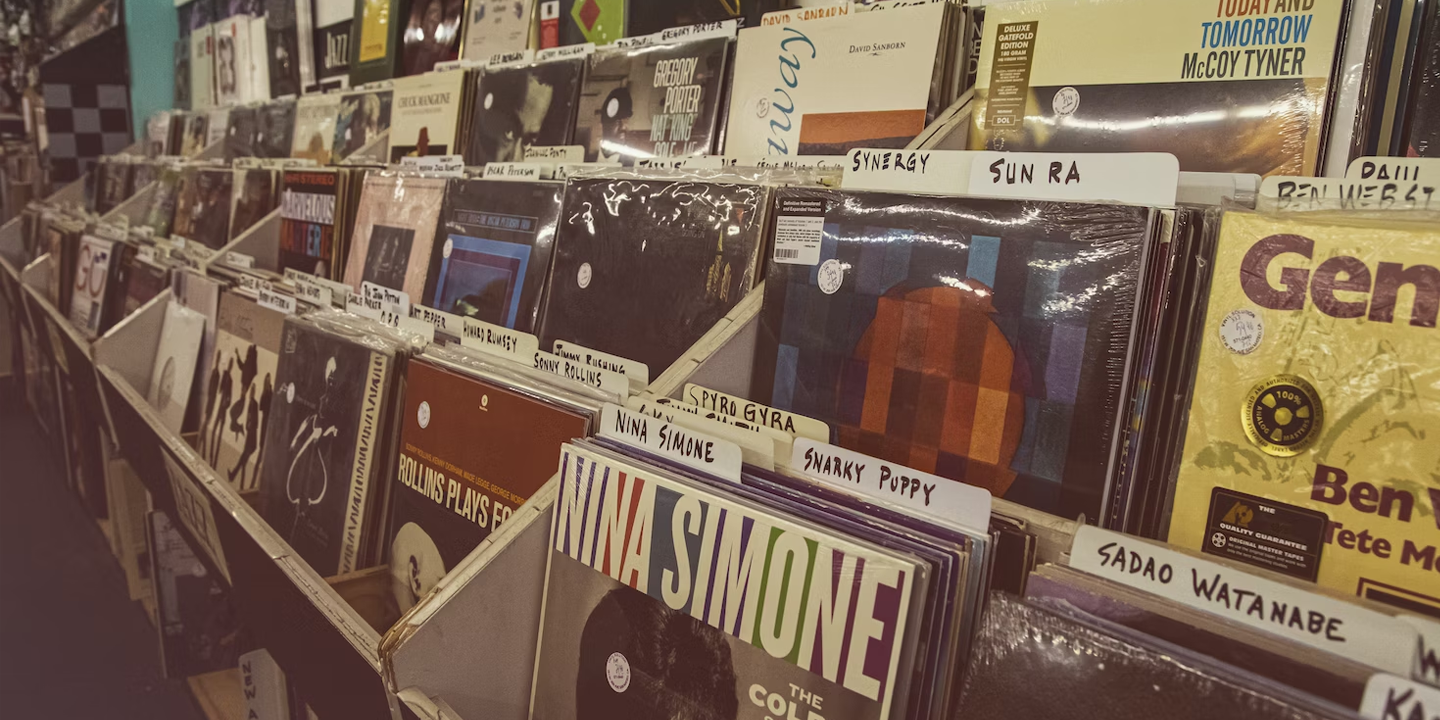When to pop the question has no set formula, with every couple solving for x differently when it comes to how much time plus dating equals marriage. Some say two years minimum, others insist you just know when you know. And then there are the oddball couples who marry after a whirlwind encounter in Vegas and stay together for forty years. Dating is messy, and relationship timelines don’t fit neatly into charts or formulas despite researchers’ best attempts. A 2014 study from Emory University once found that couples who dated at least three years before marriage were 39% less likely to divorce. It sounds convincing, but we’ve all met those couples who dated for a decade, only to divorce within a year or two of marriage. And while it may not be enough to upend the statistics, the outliers are enough to instill in us a sense of doubt.
The Gentle Trap of Time
Dating longer can give you more data on your partner. You have an opportunity to see the worst of each: how they react to a setback at work or a vacation that goes sideways when an unexpected tropical storm rolls in on your beachfront holiday. You also get to see the best of one another—virtues and all. That said, too much time can also foster a strange kind of inertia where marriage becomes a continuation of a routine rather than a weighted decision. People coast into marriage like it’s the next box to check. Time doesn’t always deepen love; it can also dull it. You start finishing each other’s sentences, not because you’re soulmates, but because you’ve already had the same conversation twelve times—in the last month.
The Whirlwind Weddings That Somehow Work
There are always outliers who manage to sidestep both convention and statistical evidence. Right now, somewhere in the world, is a couple who met in April, got engaged in August, and are celebrating their fifteenth anniversary right now. Maybe their quick connection skipped the performative phase where everyone filters out their idiosyncrasies so that only their best-self version emerges. Maybe they got into the itty-gritty right from the start. A 2022 study from Stanford suggests that shared values and communication matter more than relationship length before marriage. It’s possible that some couples build that shared foundation faster. Others never do, no matter how long they date.
The Illusion of Knowing Someone Completely
You can date for ten years and still not know the person you’re marrying. Kids, mortgages, illness—all these things can rewrite a person’s story overnight. A 2017 study on personality changes among newlyweds found marked shifts in traits like agreeableness, extraversion, conscientiousness, openness, and neuroticism during the first 18 months of marriage. If these pronounced changes can occur in 18 months, imagine what can happen over the space of a decade. If you’re lucky, you’ll marry three versions of the same person over a lifetime. So yes, longer dating gives you snapshots, but there’s no skipping ahead to the credits to see how it pans out.
Culture, Age, And Timing Play a Role
A couple in their early twenties might need more time than one in their late thirties to make such a profound commitment. Having maturity, career stability, and some emotional seasoning born of experience, all come together to make your decision-making process more reliable. Cultural expectations nudge people differently too. Some communities still view long engagements as suspicious. Others think marrying too quickly is reckless. It’s less about how long you date, more about what happens during those months or years. Having hard conversations in the early stages spares you from having to play catch-up after you realize you have incompatible worldviews.
Love Isn’t Linear (And Neither Is Marriage)
Some relationships ripen slowly; others burst into permanence. What matters is how you navigate conflict, boredom, silence. How you fight, forgive, and rebuild. Relationship success, according to The Gottman Institute, depends more on kindness and communication than calendar math. You need a higher ratio of positive experiences to negative, about 5 to 1, to get technical. So maybe it’s less about counting years and more about how you spend them. Because love doesn’t clock in or out. It just grows—or it doesn’t.










